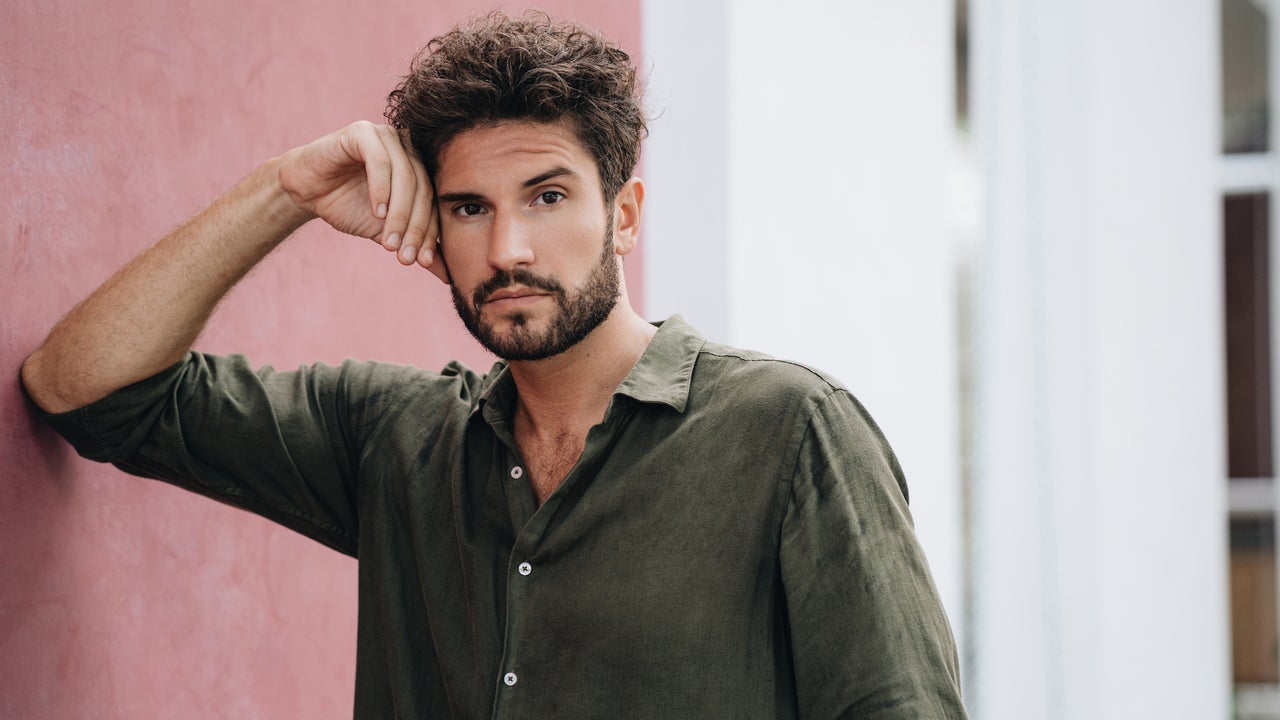[
This Autumn, I made the decision to quit booze. Forever? Maybe, maybe not. But when I think about the price of having a slightly too merry Christmas, I won’t be rushing back to the bar anytime soon.
The cost of alcohol rose by 9.4 per cent in the year to September according to the Office for National Statistics. On top of this, alcohol duty rates increased in August this year by 10.1 per cent.
Tim Martin, chief executive of Wetherspoons, has warned that the price of a pint in his pubs could hit £10 in the future.
A woman I met when looking for people online to motivate me in sobriety, Siobhan O’Connor, 32, stopped drinking in December 2018. She told me she think her habit cost her at least £5000 a year. But she admits that she initially had “no idea” what she was spending on alcohol by the time she quit.
I too struggled to work out my booze expenditure. You simply can’t see how much of your budget goes on alcohol if you don’t keep receipts, as you only see the total amount you spend at a store or restaurant on your bank statements, not individual items. It’s also harder to keep tabs on alcohol spending now that cash is dying out across the hospitality sector, with ‘tap-and-go’ card readers being far more conducive to overindulgence than physical, finite money.
It can be painful to confront not just how much you’re drinking, but how much you’re spending in general. Combine the two, and alcohol spending can become an embarrassing black hole in our finances.
Try Dry is an app that helps you calculate the savings of sobriety. It’s designed by the charity Alcohol Change UK and is the only app that allows you to customise your alcohol spending for a typical week. It’s not an exact science, but I tried to be as honest as possible when I entered my baseline spending.
Once I had a dry run of 67 days, it showed me that I had saved £288. I’m impressed, but I soon realise that I’ve been spending more on hobbies and fixing things I have neglected. This is a direct result of the clarity, energy and creativity unleashed by sobriety – all of which was fantastic, except for my finances. It seems the instant savings widely associated with sobriety are based on the assumption that you’ll shift seamlessly from hellraiser to hermit, and the highpoint of your week will be herbal tea with Gardeners’ World.
Siobhan, who’s based in Manchester, had debt worth £10,000 by the end of her first year of sobriety, partly due to investment in therapy, escaping a bad housing situation and the cost of a trip to Mexico. “Sobriety became an excuse for me to buy anything I wanted – ‘at least I’m not drinking!’ I’d tell myself.”
But she soon became more aware of her spending and educated herself about money. By 2021, she paid off her debts and now has savings for emergencies. “I have a much better relationship with money today.”
Millie Gooch is the founder of Sober Girl Society, a community for young women leading sober lives. She says it’s important not to stress about saving money in the first instance. “You’re spending it on things you love and that will bring you joy.”
She recommends writing down the things I’m getting to do now that I’m a non-drinker to remind myself of the choices opening up for me.
Another sticking point is the high price of non-alcoholic alternatives. Why do I have to pay virtually the same amount for 0 per cent versions of my once favourite ales? Millie explains: “Although we emphasise the price of alcohol, ironically the alcohol is one of the cheaper parts of the drink. It’s things like botanicals, bottling and labelling that can add up.
“Plus, a lot of non-alcoholic drinks are brewed or distilled with the alcohol in. Then it’s removed, or de-alcoholised, meaning not only is there an extra step in the process, but the alcohol is still being used.”
Dr Richard Piper, chief executive of Alcohol Change UK, clarifies that I can still make a saving in the supermarket: many alcohol-free beers are between £1 and £1.80 a bottle, whereas most alcoholic beers sell for £1.70 to £2.50 a bottle. And he argues that I may be getting better value. “Alcoholic drinks don’t have to work as hard to create a good flavour… while alcohol-free alternatives must produce a great taste that is not ‘masked’ with alcohol.”
Then there are the wider costs that can’t be easily calculated. Millie says: “For me, it was replacing things [I’d lost] like phones and make-up, or all the things I’d buy on a hangover to make myself feel better.”
Siobhan says that as well as losing her inhibitions through alcohol and spending more than she’d intended, there were deeper reasons why her finances suffered. “I used to offer to pay for my mates’ drinks and nights out if they couldn’t afford it. I was desperate to be liked or for people to think I was nice, generous, cool.” Siobhan now runs her own social media business and an Instagram page, @notsosecretlysober.
Siobhan and Millie have both inspired me to have a balanced approach to my sober finances. I’ve learned that spending on alcohol substitutes and new activities is both necessary and healthy. But I’m also glad to be saving once more, putting the spare cash I’m getting from my alcohol-free life back into a high interest account.
It turns out the broader financial benefits are enormous, from greater discipline to a newfound motivation to achieve financial goals.
So yes, I intend to enjoy the magic of Christmas as much as ever. But if I’m asked to join in with the rounds of mulled wine, I’ll count my cash and say: count me out.







